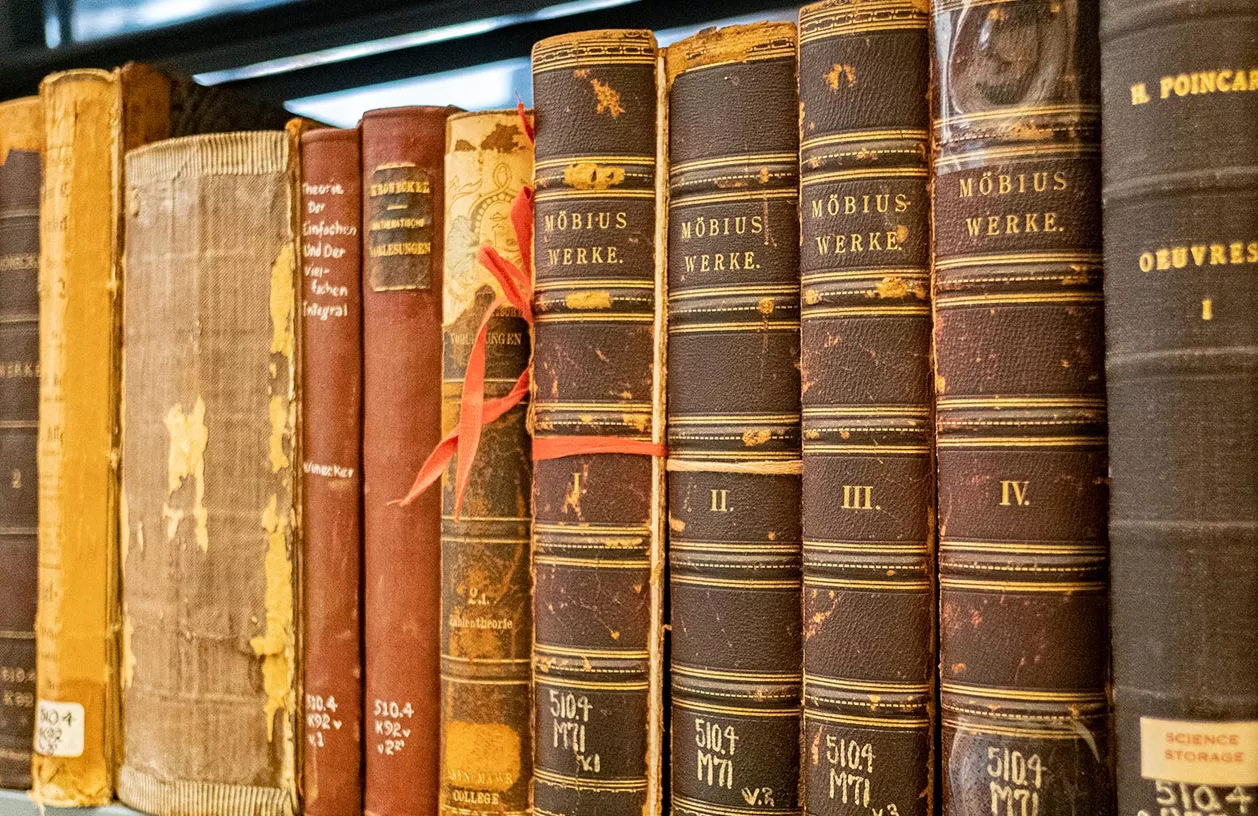Classics Colloquium with Manuela Marai

This talk is about the Greek physician Galen of Pergamon (129–216 CE) who stands as one of the most influential figures in the history of medicine. His prolific writings have long attracted scholarly attention from philosophical, philological, rhetorical, and sociocultural perspectives, reflecting the remarkable breadth of knowledge preserved in his texts. Yet the scientific reasoning underlying his medical practice has often receded into the background—partly due to concerns about anachronism and the challenge of disentangling practical methods from the intellectual and cultural frameworks in which they were embedded. This paper explores ways of engaging with the “actual science” of ancient medicine and considers why such an approach remains valuable. Using Galen’s treatment of wounds as a case study, I examine his understanding of wound pathology and the logic behind his pharmacological interventions: the selection of substances, their combinations, and their preparation. I argue that experimental engagement with ancient medical techniques can both yield scientific insight into the rational basis of certain remedies and function as a form of “practical exegesis” (Rampling, 2014), enabling a deeper reading of ancient medical texts through hands-on interaction with the practices and materials they describe.
Bryn Mawr College welcomes the full participation of all individuals in all aspects of campus life. Should you wish to request a disability-related accommodation for this event, please contact the event sponsor/coordinator. Requests should be made as early as possible.